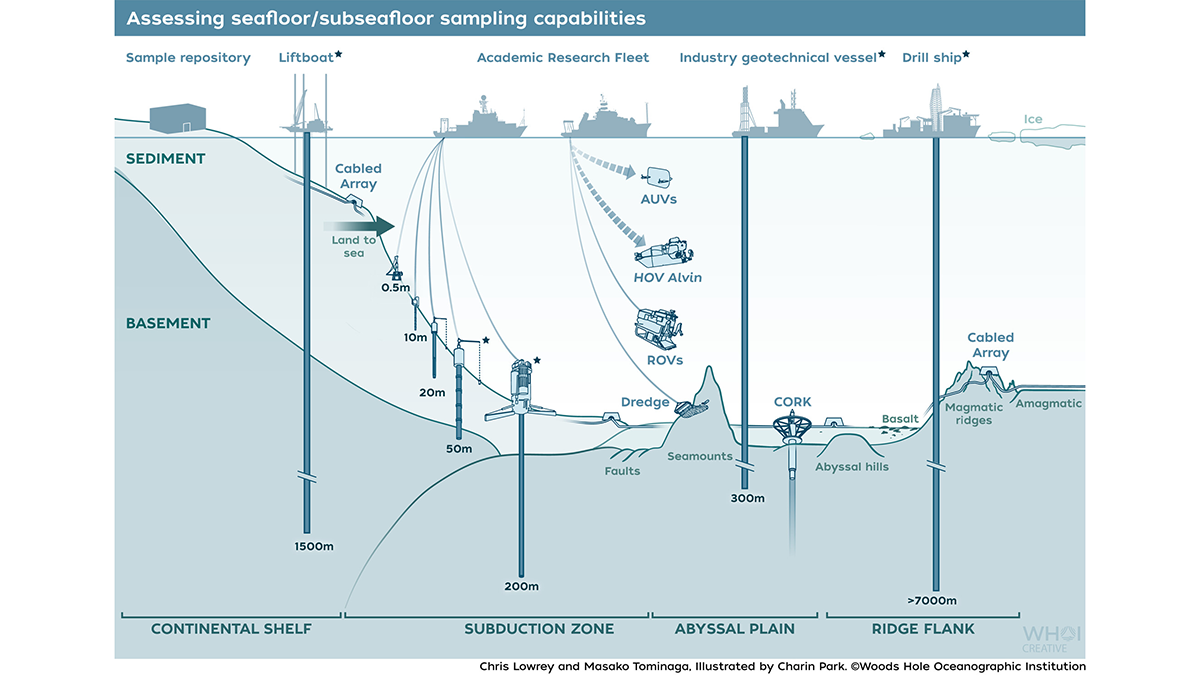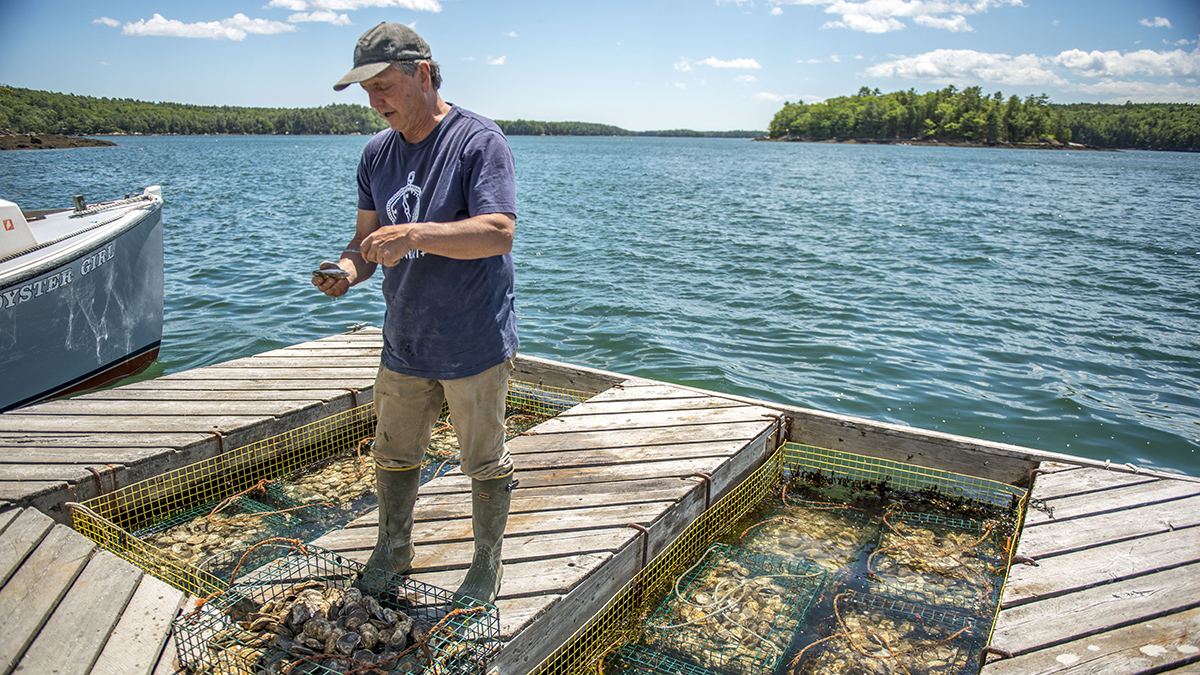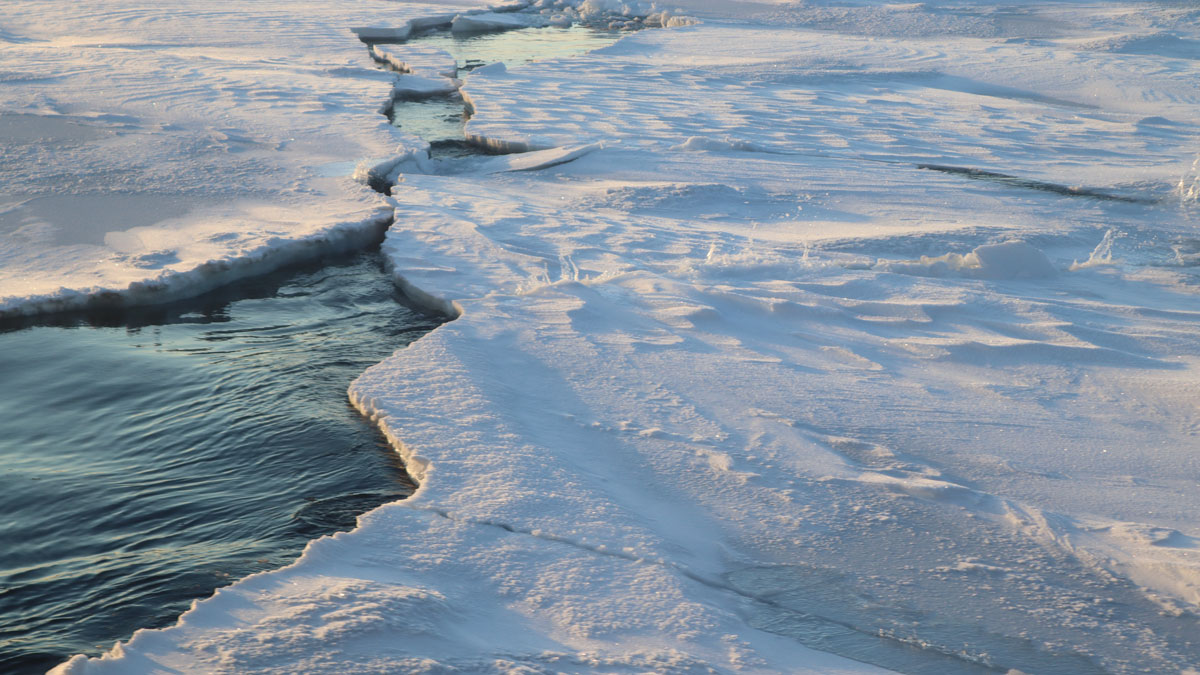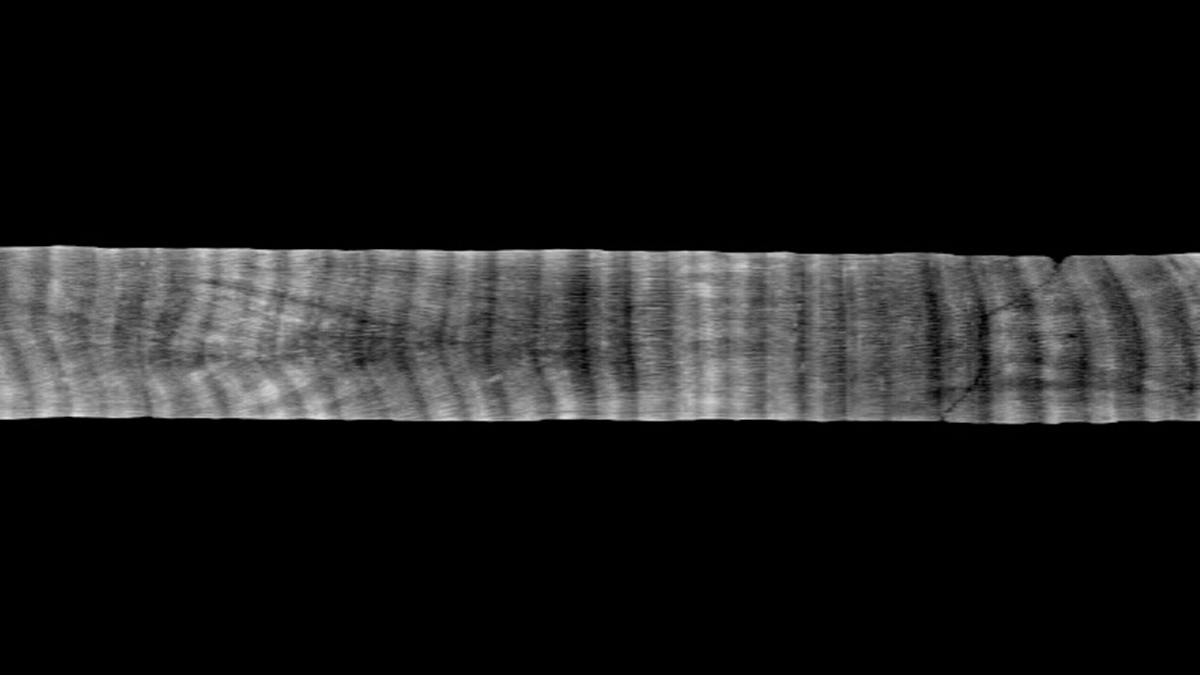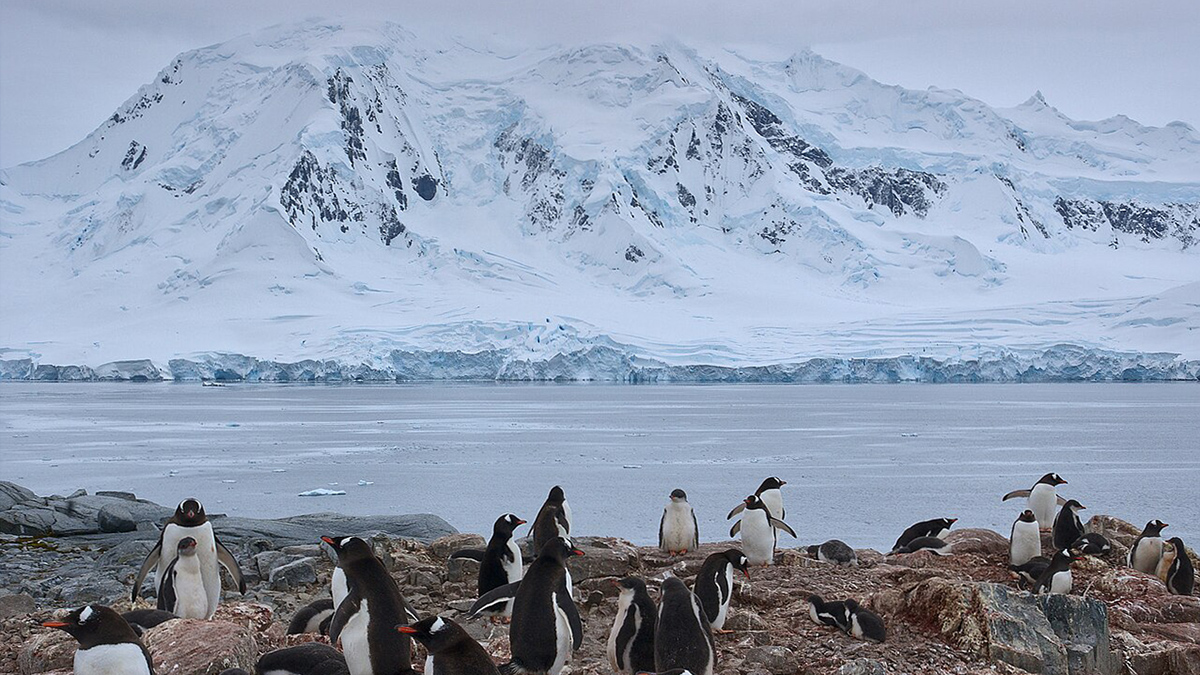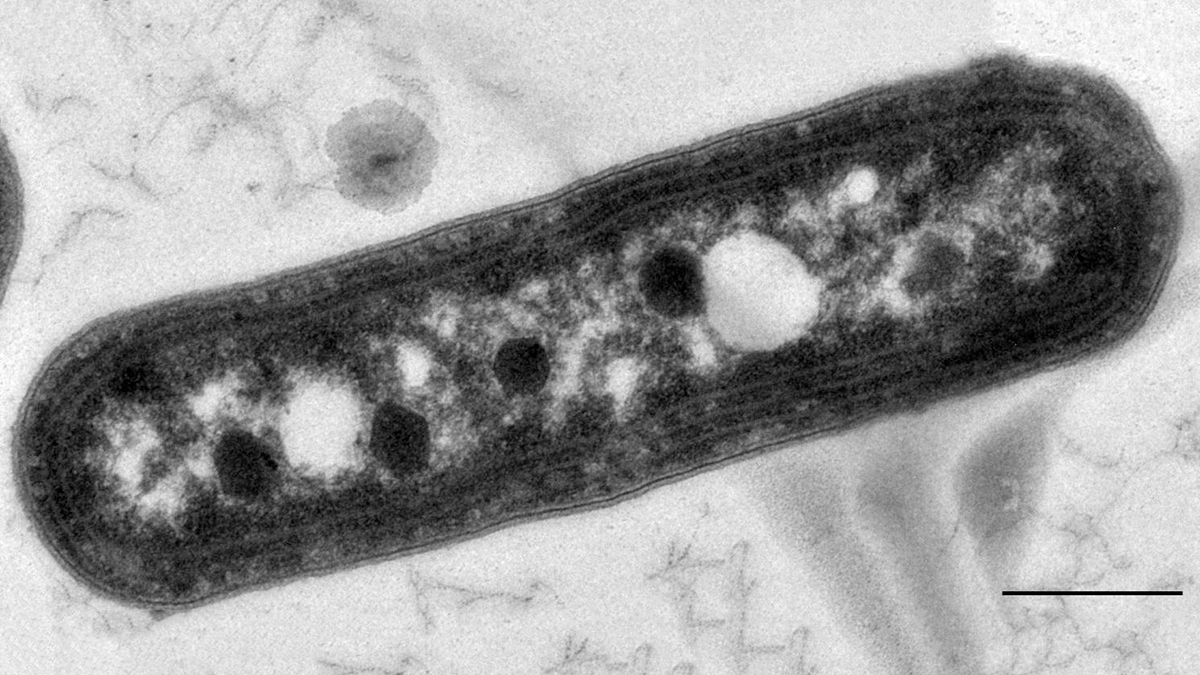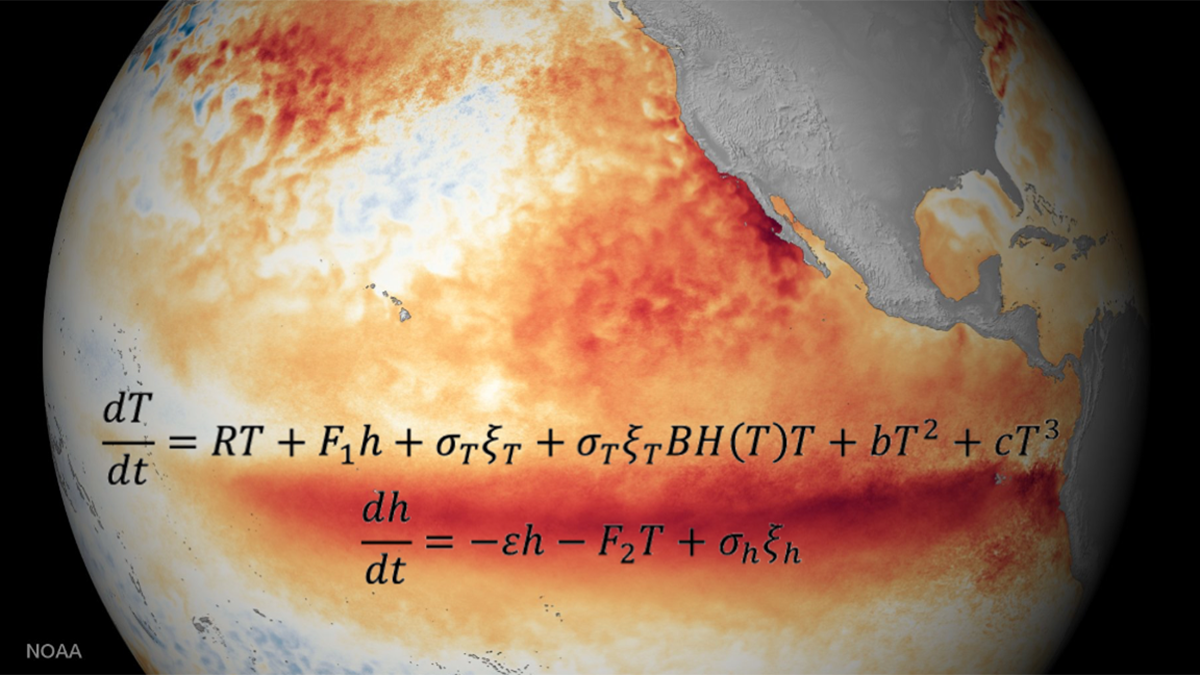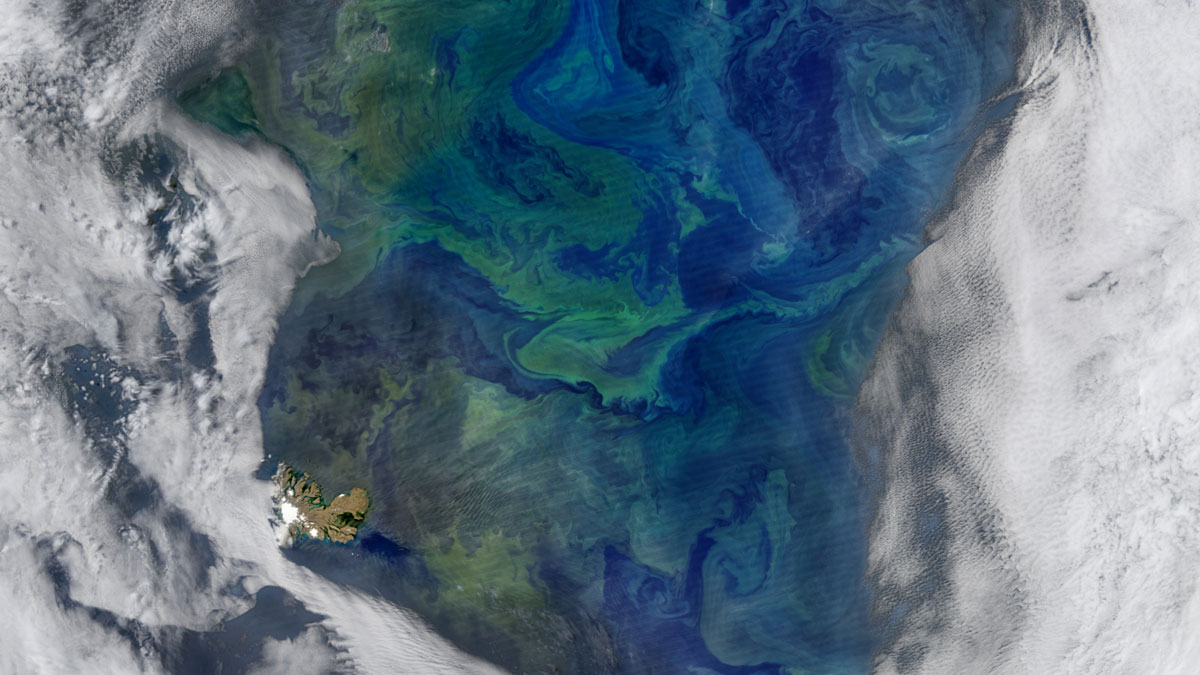Recent reductions in U.S. oceanographic assets are limiting scientists’ ability to access vital materials in the ocean.
Oceans
More Bubbles Means More Variation in Ocean Carbon Storage
A new model accounting for the role of bubbles in air-sea gas exchanges suggests that ocean carbon uptake is more variable than previously thought.
Warming Gulf of Maine Buffers Ocean Acidification—For Now
Scientists constructed a 100-year history of acidity in the Gulf of Maine. They expected coastal variability but were surprised by what they didn’t find: a strong anthropogenic signal.
New Satellite Adds Evidence of an Earth-Shaking Wave
A tsunami struck a fjord in East Greenland in 2023, ringing seismometers for nine straight days. A new satellite study provides the first observational evidence of the waves.
Finding Consensus on Arctic Ocean Climate History
Understanding the effects of a “blue” Arctic Ocean on future climate requires a coordinated effort to study Earth’s past warm periods using a variety of classical and cutting-edge methods.
A Coral Core Archive Designed for Transparency and Accessibility
CoralCT archives raw and processed data from coral and reef core samples, preserving valuable insights into how corals respond to environmental changes.
Where Do Antarctic Submarine Canyons Get Their Marine Life?
A new study investigates how much of the phytoplankton in the Palmer Deep submarine canyon is homemade and how much is delivered.
Kuroshio Intrusions into Luzon Strait Increase Chlorophyll
Using in-situ observational data, scientists reveal that Kuroshio intrusions through the Luzon Strait increase small phytoplankton in the South China Sea.
Two Equations that Unlock El Niño
Despite the El Niño–Southern Oscillation’s global reach and complex ocean–atmosphere interactions across timescales, two simple, elegant equations capture its key dynamics and defining properties.
On the Origins of Subantarctic Mode Waters
A modeling study shows how warm subtropical waters and cold Antarctic waters combine to form an Indo-Pacific water mass that plays a key role in Earth’s climate.

